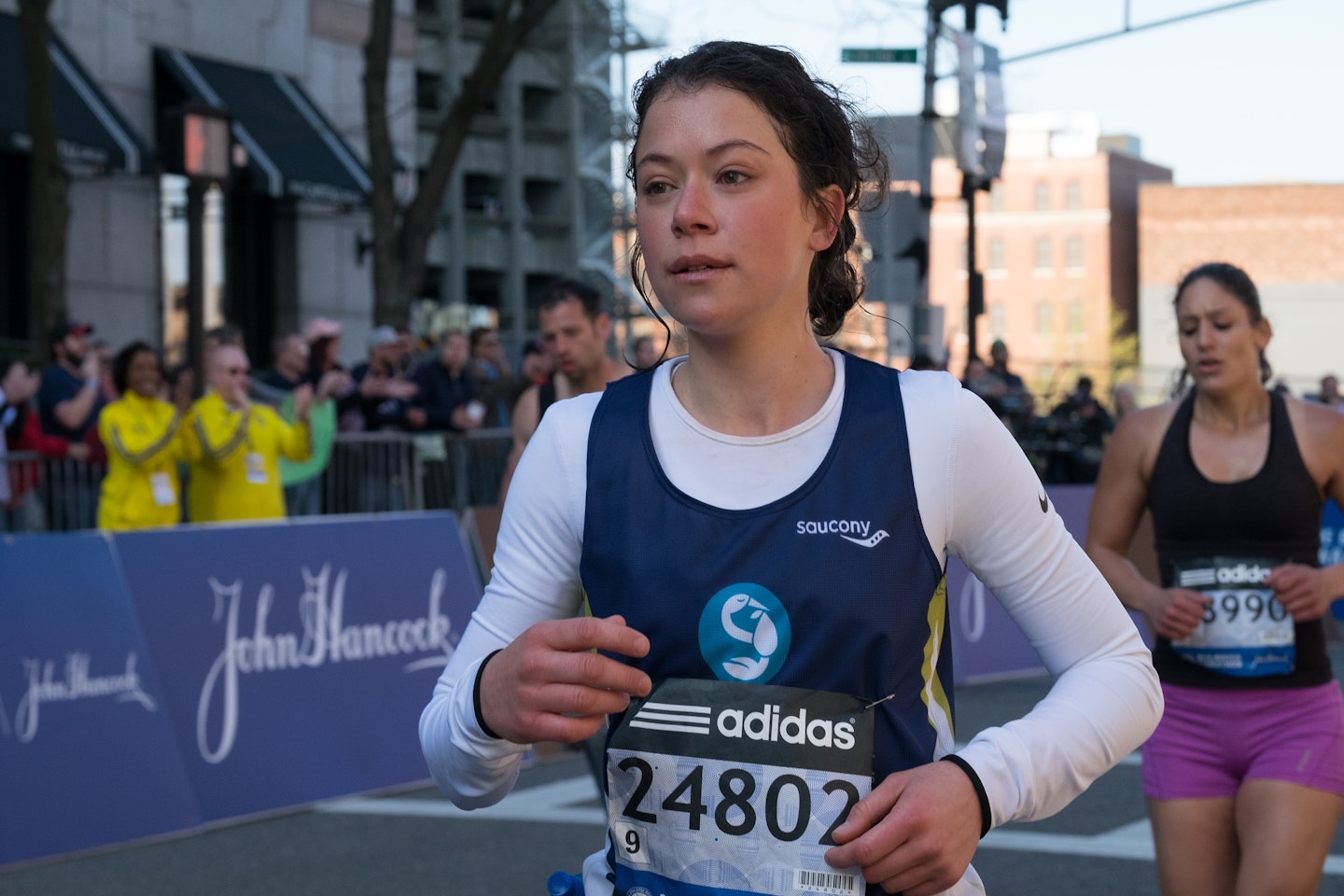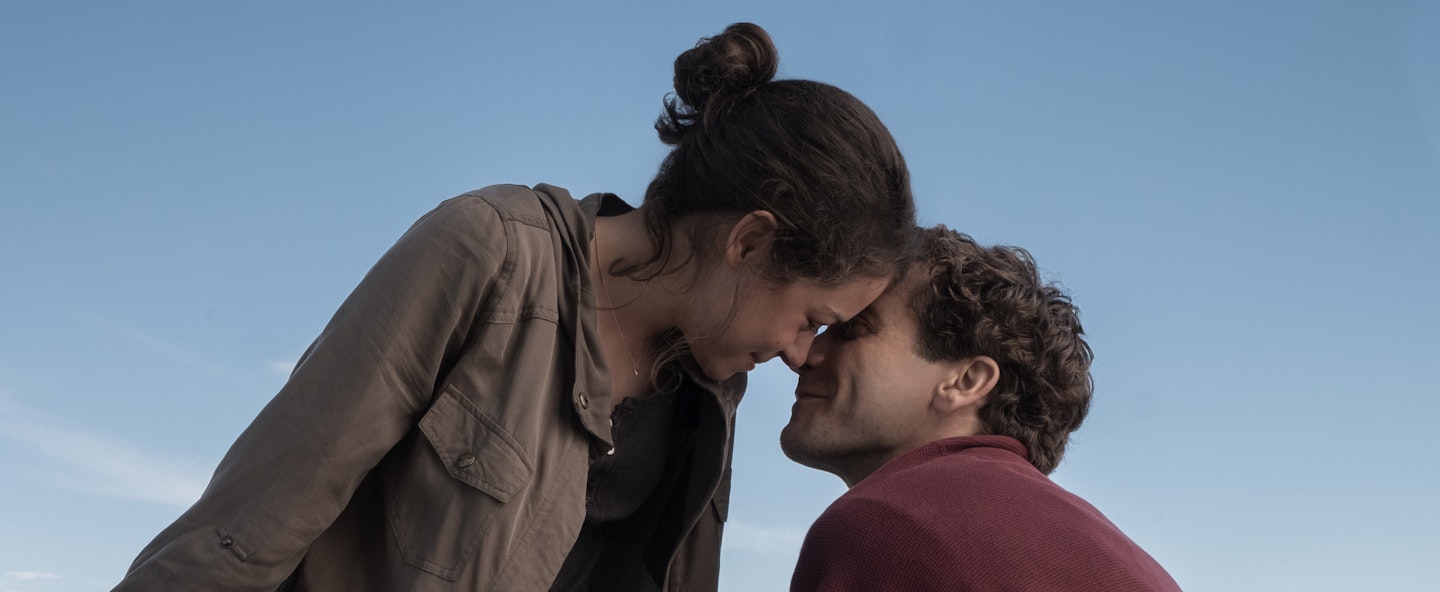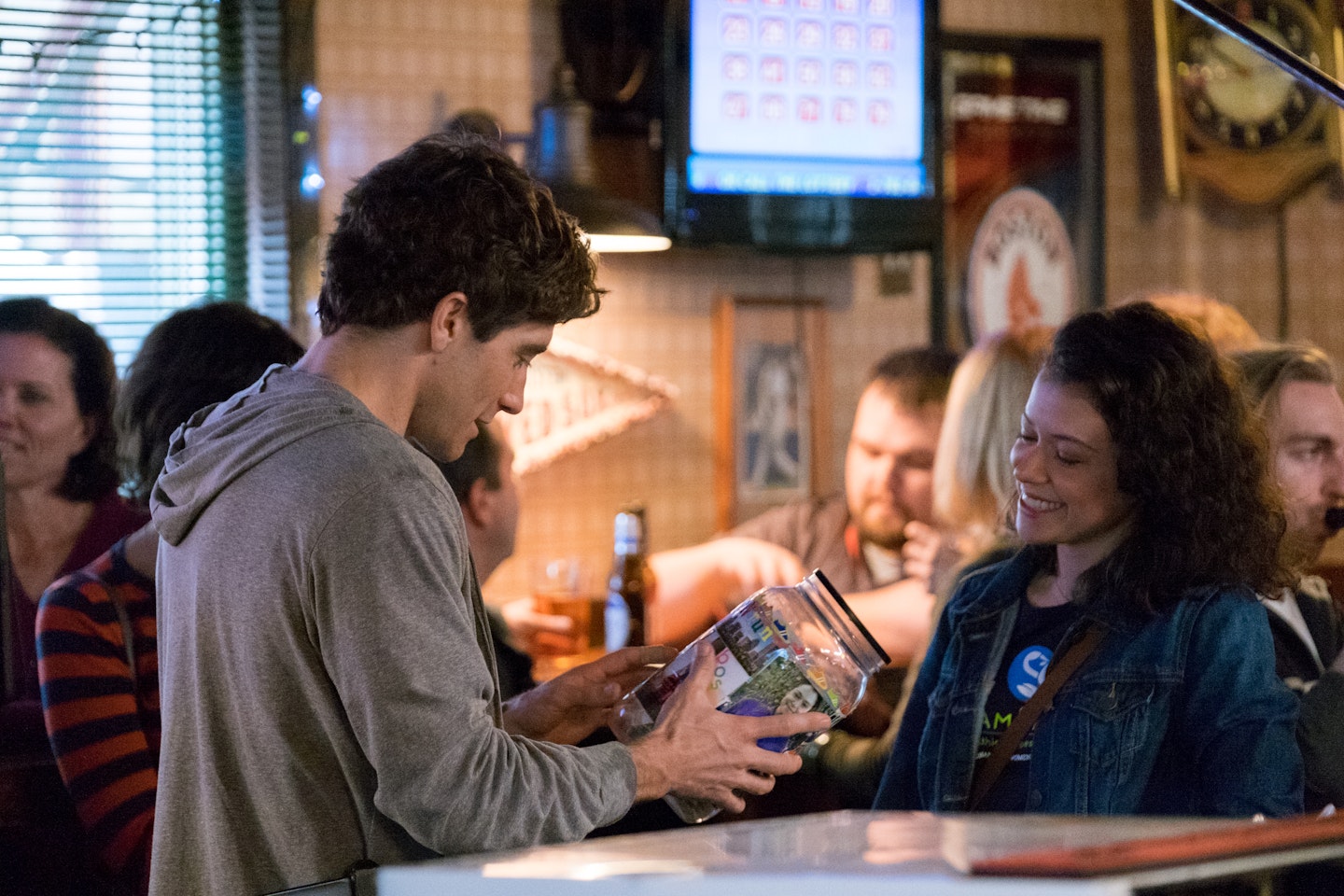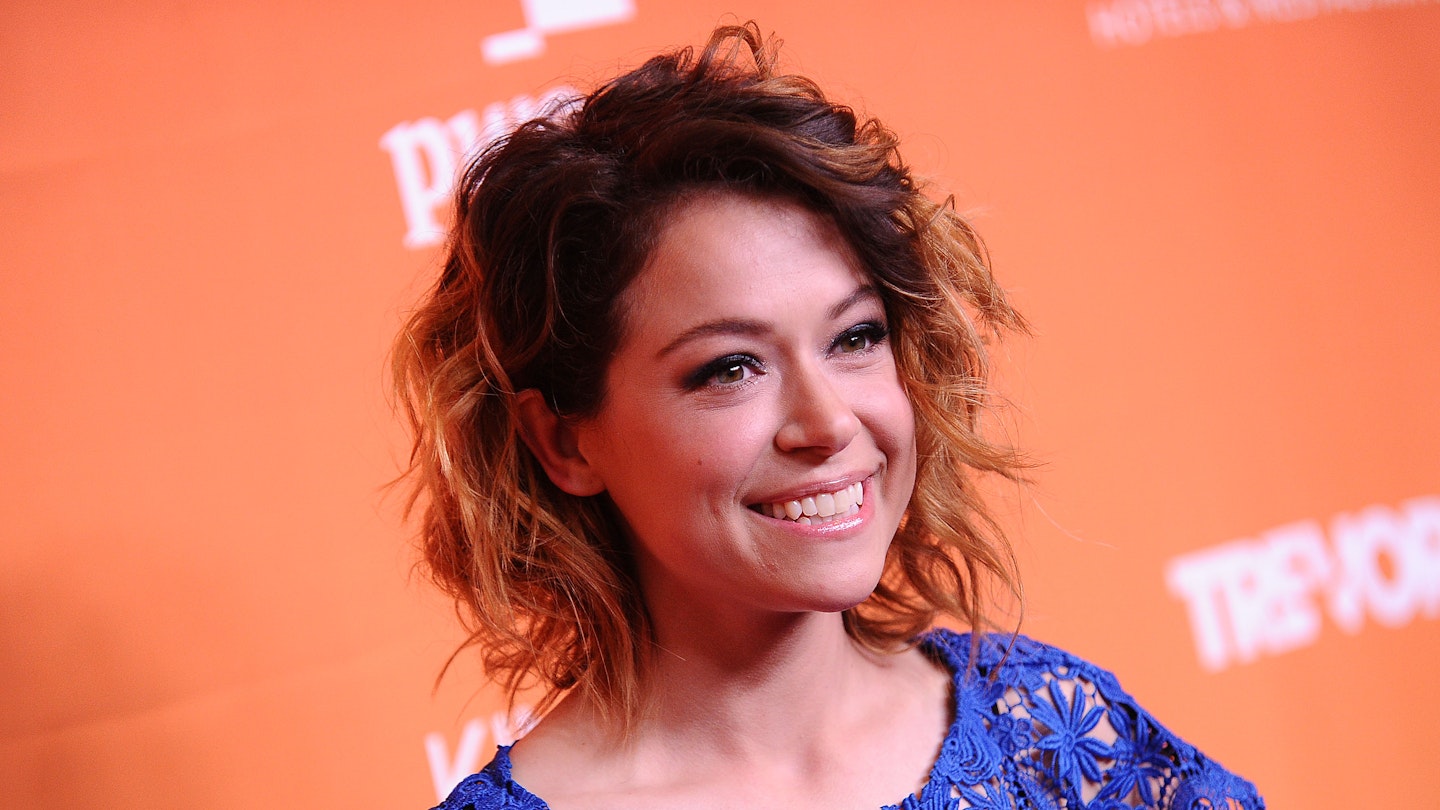See the words ‘based on a true story’ on a film poster, and you’d be forgiven for assuming that you know the score: a film-by-numbers featuring a man overcoming adversity in time for an uplifting, feel-good conclusion, with his long-suffering love interest standing stoically (and, in all likelihoods, silently) by his side. Stronger, which tells the story of how Boston Marathon bombing survivor Jeff Bauman (Jake Gyllenhaal) slowly and painfully adjusts to life after losing both legs, is not that film.
This is in no small part thanks to the nuanced portrayal of Jeff’s on-off girlfriend, Erin, as played by Tatiana Maslany. Instead of fading into the background as his patient, endlessly forgiving love interest, she’s a fully-realised woman: one who’s wracked with guilt (a dedicated marathon runner, she’s the reason that Jeff was waiting at the finish line when the blast went off) yet unwilling to sacrifice everything to a man who’s often selfish and childlike. In other words, she’s the kind of three-dimensional female character we should be far more used to seeing on screen. We caught up with the star, best known for her Emmy-winning turn in Orphan Black, to learn more about how she prepared for such a challenging role
The girlfriend character in a film like Stronger is often this stoic shoulder-to-cry-on who never complains – it’s not very realistic trope, and one that does women a disservice. But Erin is not like that all – is that something that drew you to the part?
There’s no question that it did. I want nothing to do with that as a part – it’s a trope that’s so prevalent and it does a massive discredit to women and to the people who are taking care of something. Caregivers are human beings who are struggling: what I loved about Erin so much is that she has this emotional stamina. She’s a marathon runner, she has this strength but at the same time there’s massive doubt and guilt, because she blames herself for Jeff being there [at the finish line] – all of this is colliding within her. She does play that role of the caring girlfriend for a little bit but that isn’t all she can be.
How much interaction did you have with the ‘real’ Erin?
I met Erin a few times before we started filming. We hung out, went for coffee, did Pilates: it was really about connecting for me, just gleaning a sense of her strength and who she is. She’s an immensely private person, and justifiably so – I would never want to pry past into something that I didn’t need to know. John had done such diligent [research] work as it was, and the script puts you into these situations that feel very real and very complicated – that, mixed with meeting her was really, really helpful.

Do you think it’s more difficult to play a real person than a fictional character?
There’s a massive responsibility in playing someone who’s alive, and who has an emotional connection to the story. There’s also this huge responsibility in telling the story in terms of Boston: what it means to Bostonians, to America and to the world. The film seeks to be really honest about how hard it was for Jeff, how he didn’t feel ‘Boston Strong’ – that moniker can be so difficult to hold up when you’re at the worst point in your life yet people are touting you as a hero, and expecting you to be like that. It’s shining a light on something not everybody knew. I certainly didn’t, though I’d followed what happened in Boston, as we all did in North America: I didn’t know the complexity of this story, or any of the survivors’ stories. There are probably thousands out there that are just as complicated as this.
Were you wary of putting Erin on a pedestal?
I had such a tremendous respect and reverence for her, so that was something I had to shed – to remember that she’s a real woman who was struggling through something that is beyond impossible to deal with. It’s something I don’t know I’d be able to deal with. I think what shakes [Erin] out of that noble, that stoic place is that she constantly has one foot out of the door and one foot in. She’s torn and conflicted – it keeps it in a more real place.

What did you use as your starting point to get into her headspace?
I started running as soon as I got the part. That was something that I struggled with, but it was also a meditative time where I could just be with the character, feeling the limits of my own body and extrapolating what her training must have been like – the mental and emotional strength it would take to run a marathon. It’s so similar to what she had to go through with Jeff – even when she can’t do it any more, when her body is telling her to stop, she pushes past that. I still run and I still think about her and Jeff every single time that I run; that’s always going to be there with me. When we were filming in Boston, Erin decided on the Friday to run the marathon on the Monday with no training, no prep, and she finished under the cut off time. It was unbelievable: that kind of strength is just so telling of her as a person.
How did Erin feel about the finished film?
She saw it with the family, way before press or audiences. She said she cried a lot, obviously, and that it was hard to watch, but I think watching it as a family was the best way to do it, not in a theatre with an audience. Jeff has since come with us to so many screenings and to press, all of that; he’s been so supportive of the film too.

**What was your response when you watched it for the first time? **
The experience of filming it was extremely intense, so I think watching it was so wrapped up in a lot of that for me. The first time I saw it was at TIFF, so Jeff was there, all of the cast was there and we were watching it with this massive audience. The thing that struck me the most about it was the fact that they were laughing at these moments that I wasn’t expecting, and I could hear them grieving when something was affecting them. Their response was so vocal – when I’m in the bubble of the film, I don’t really realise that people are ever going to watch it, so to have people respond to it like that was incredible. Everyone stood up for Jeff at the end, giving him an ovation.
That element of humour is definitely one of the film’s more surprising aspects. Is that something that jumped out when you read it?
It was absolutely written into the script. John [Pollono] who wrote the script had been with the family for a year or so beforehand, and he really got a sense of how they survived this. Humour was massively involved, and still is. Jeff is so funny, and I think that’s not only part of how he survived but how he relates to people. That doesn’t go away when something like this happens. I knew that [director] David Gordon Green would have such an interesting take, too – he has this bizarre mix of filmography that is all over the board from broad comedy to very small indies to relationship features, so I knew his perspective would be unusual.
*Stronger *is out in cinemas 8th December
READ MORE: What Was The Most Talked About Film In The Year You Were Born?
